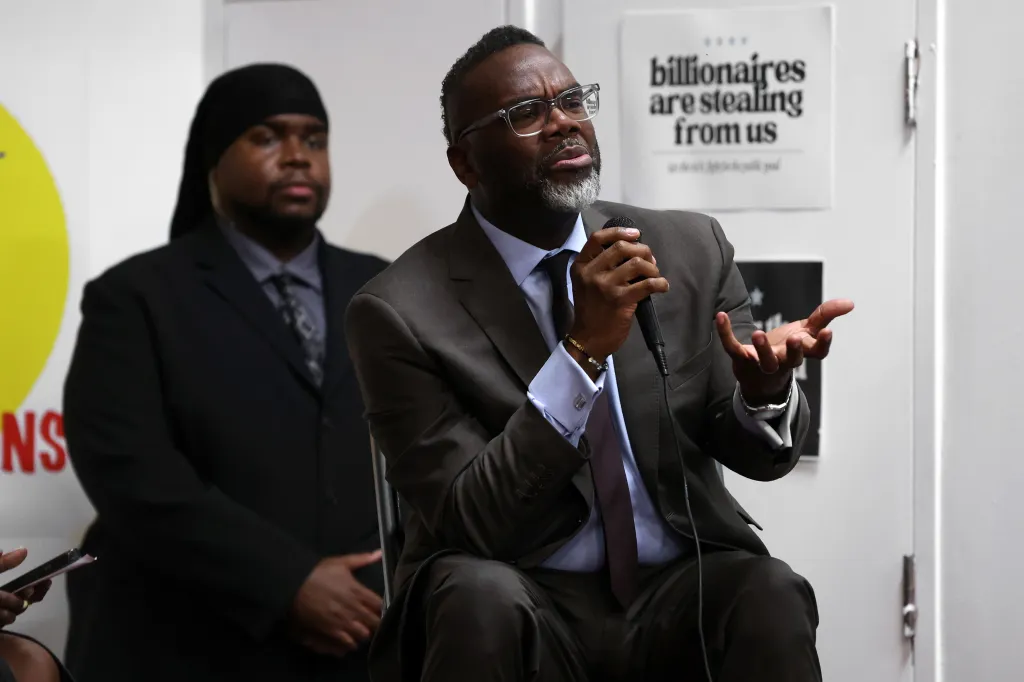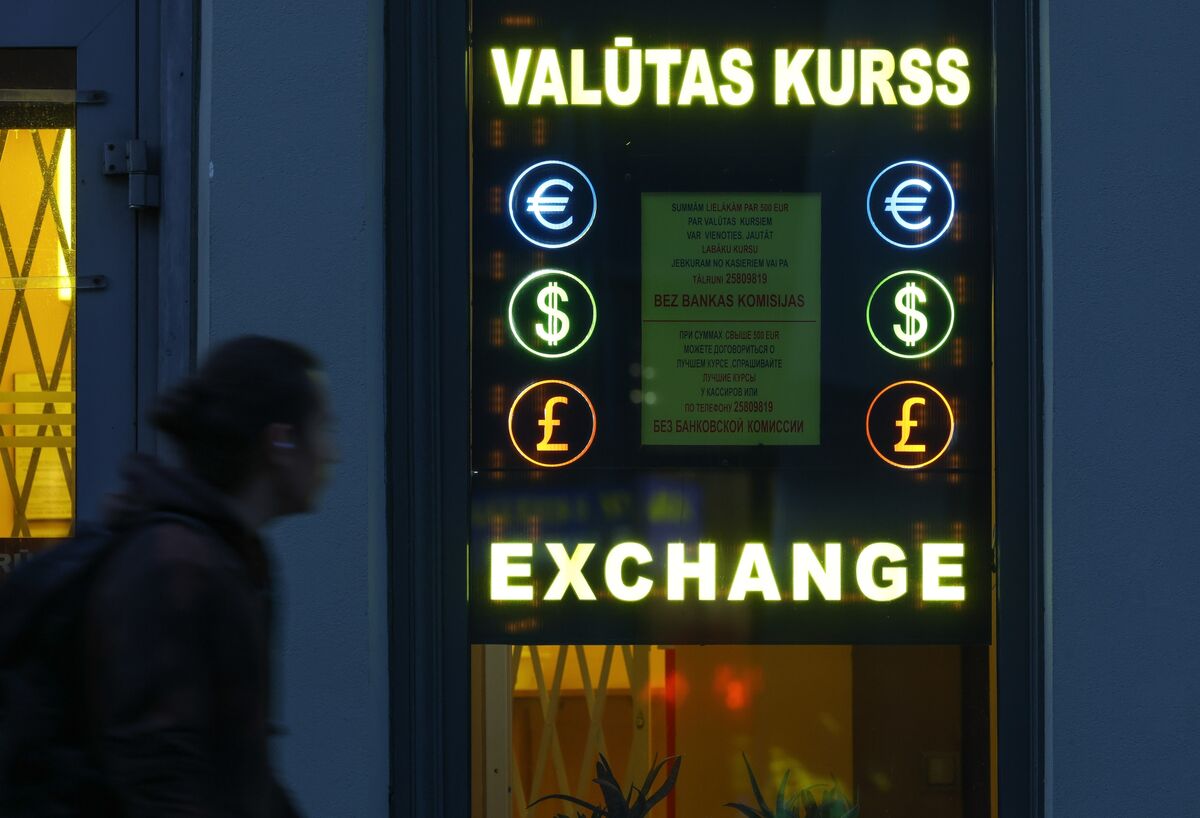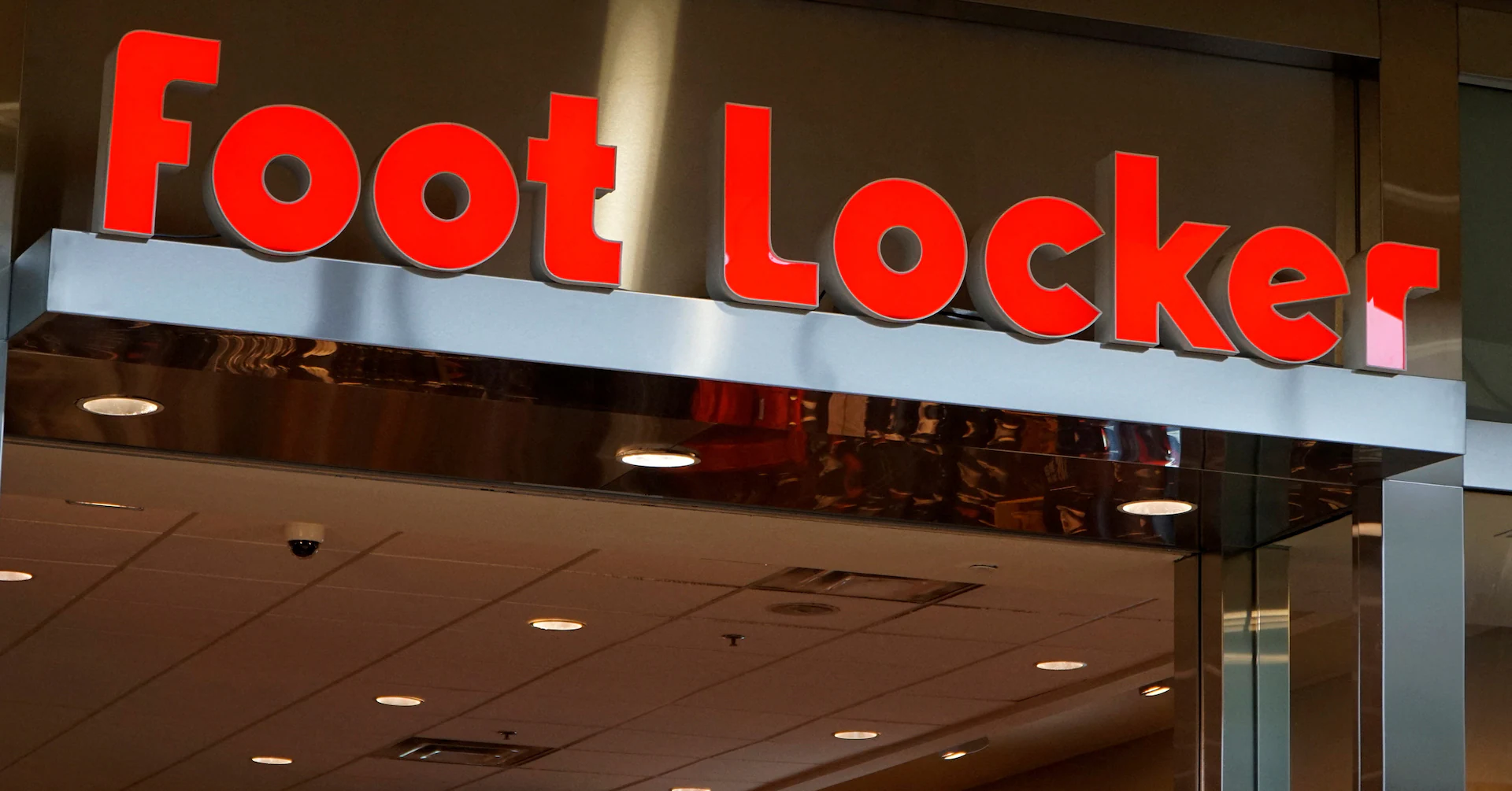
With a city that’s $1.15 billion in the hole for the 2026 fiscal year and a mayor who said dismissively (and incorrectly) on Wednesday that “we don’t have a spending problem, we have a revenue problem,” the new report from the Chicago Financial Future Task Force sure looks like an exercise in futility, as least on the most important side of the ledger.
That’s not to say the members of the group that created the report didn’t work hard nor that adding fees for garbage pickup, or false alarms that require attention, or ambulance attendances that don’t result in transport, or a 911 surcharge for prepaid calling plans, don’t have their arguments.
Cases certainly can be made for increasing the bag tax at the grocery store or on a plastic bottle of water, In many of these instances, the task force looked closely at peer cities and made smart recommendations for revenue increases, the only budgetary problem our mayor acknowledges. There also is the suggestion in the report that the city return to the escalator under Mayor Lori Lightfoot that increased the city’s draw on property tax automatically at the rate of inflation. An argument can be made there too.
In coming days, and as our City Council begins to discuss these and other recommendations in more detail, we’ll return to the merits of some of those ideas.
But here, at the outset, it’s important to note that increasing the garbage fees, even drastically, is not going to solve the financial problems of the city of Chicago.
Nor will asking for a few furlough days from nonunion city employees.
Consider. When Gov. JB Pritzker signed the so-called Tier 2 police and fire pension bill last month, the city warned the governor’s office that he likely was adding a stunning $11 billion in unfunded liabilities. Under accounting rules, city Chief Financial Officer Jill Jaworski wrote, “this liability must be recognized immediately, and will appear in the next actuarial report for the funds. There is no corresponding asset or payment source, so the liabilities accrue directly to net pension liabilities, drastically reducing funded ratios.” That has all kinds of negative implications, not the least of which is the cost of borrowing. Necessary borrowing.
Chicago has an annual personnel budget well in excess of $4 billion, and it hired permanent employees with temporary federal money that was designed to provide COVID relief. Those workers now have ballooned the city’s workforce in size without raising any more revenue or delivering incrementally more (or better) services.
Making any kind of inroads into the budget hole will require a smaller city government. Period. Freezing some vacant positions won’t do the trick. This is all going to take some courage.
Ald. Bill Conway, 34th, told us last week, “I can’t overemphasize how bleak I think things have become. We have to change course. It is going to take a generation of really earnest focus to turn all of this around.” Conway is vice chair of the council’s Finance Committee, it’s worth emphasizing.
The Civic Federation said much the same thing in its reaction to the report, which it said “should not be understood as providing solutions that ultimately address the structural and emerging fiscal challenges facing the city,” even though that, in theory, was the stated charge.
Conway was focused mostly on the long-term future, but the Civic organization added a note of urgency. While it praised some of the ideas, which can look to report readers like they close that aforementioned gap, it noted that this is a gap that has to be closed this fall and that many of these revenue-generating ideas would not even be available that quickly. A local 1% grocery tax, for example, would have to pass the council before Oct. 1 to be collectible during the upcoming fiscal year. It’s contentious too. We’ll add that some of the revenue ideas, such as the reintroduction of the corporate head tax, also will impede growth and only reduce revenue, given that the city exists in a competitive environment with jurisdictions that spend a lot less on municipal government.
The other issue not addressed in this report is the lack of voter support for any of these revenue increases, a reality that will not be lost on any aldermen hoping for reelection.
As first reported by the Chicago Sun-Times, the poll, commissioned by One Future Illinois, found that 60% of Chicagoans were opposed to applying sales tax to services (one of the ideas in the report), and 80% were against the increase in garbage fees. Nobody wants to pay more for ride-shares or when their car gets towed, either.
In many cases, such taxes and fees already are sky high. As we’ve said on this page many times, Chicagoans are tapped out.
Granted, polls have their agendas and very few people like it when governmental entities try to take more of their money, even though the same people expect the services they need to be there when they need them.
But those kinds of numbers suggest that most Chicagoans don’t see any of these cash grabs as doing anything to solve the city’s structural problems. They see a city that has no willingness to cut its own costs in any meaningful way. They see them as a drop in the city’s bucket but far more detrimental to the individual budgets of Chicago families. And they’re correct.
Families know what you have to do in hard times. You have to hustle for money where you can but you also have to rein in spending, sometimes drastically. Until this mayor understands that this city does indeed have a spending problem, the support he needs for revenue raisers in this working group’s report will be very hard to find.



